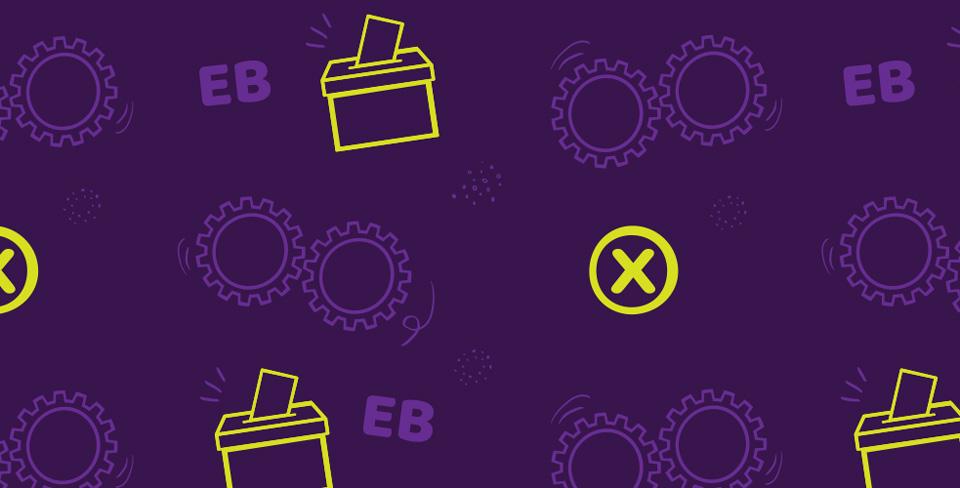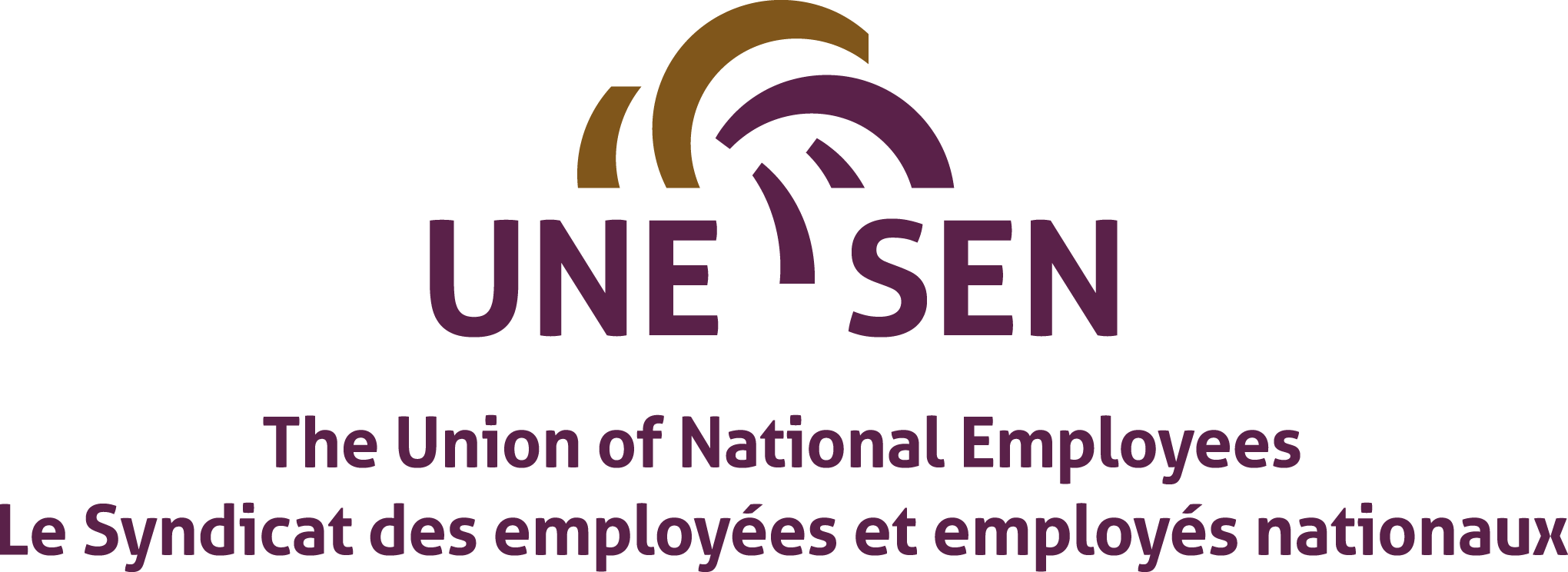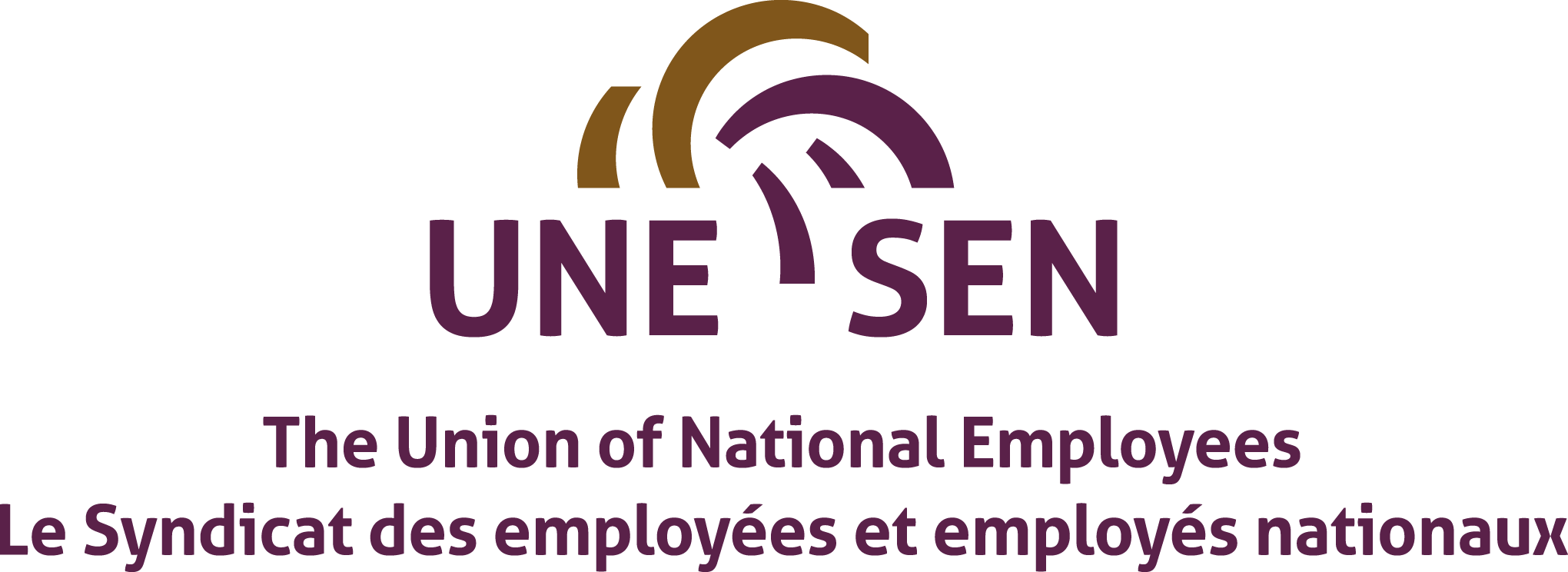
July 9, 2020
In a victory for federal public service workers who have gone above and beyond to support Canadians during this pandemic, PSAC has reached a tentative agreement that provides fair wages, no concessions, and improved working conditions for the 70,000 members of the PA group, and Treasury Board common issues.
Alongside these successful talks, PSAC has also secured proper compensation for Phoenix damages to be paid to PSAC members for the pain and suffering caused by the broken pay system.
Phoenix damages
PSAC successfully negotiated a Phoenix damages settlement that is significantly better than the employer’s deal with other federal bargaining agents. Last year, PSAC rejected the government’s meagre offer of 5 days of cashable leave, which was too little and would have rewarded those who earn more while punishing workers who make less. The current agreement provides PSAC members with a fair and equitable lump sum payment of $2,500.
Unlike the tentative deal for Treasury Board bargaining that must be voted on by PSAC members in the near future, the Phoenix damages agreement required ratification by the PSAC National Board of Directors. The Board voted unanimously in favour of the offer on July 3, 2020.
Please read the following update which provides greater detail on the general Phoenix compensation portion of the settlement, as well as the expansion of the claims process for out-of-pocket expenses and for those who suffered major losses because of Phoenix.
PA Group settlement
The PSAC bargaining team successfully secured fair wage increases averaging at 2.11% per year.
PA group members would receive the following wage increases:
2018 2019 2020
2.8% 2.2% 1.35%
In addition to those wage increases, the following group-specific wage adjustments and allowances were also secured:
- Improved retention allowance expanded for all employees working in compensation operations to $3,500 per year
- A new $3,000 annual allowance for armed Fishery Officers
- A new Primary Responsibility Allowance of $2,000 per year for parole officers and parole officer supervisors
Other improvements to the PA collective agreement include:
- Increase in maternity related reassignment or leave qualification from 52 to 78 weeks following the birth of a child
- Several leave improvements including for a person who stands in place of a relative for:
- Leave without pay for the care of the family
- Bereavement leave
- Leave with pay for family-related responsibilities
- A new leave provision for members elected to union leadership
- An increase in meal allowance for overtime from $10 to $12
- New language to clarify that the Employer shall provide an unpaid meal break of a minimum of thirty (30) minutes per full working day, normally at the mid-point of the working day
- Renewal and update of a memorandum of understanding on a Joint Study on the Work Environment for Employees Working in Call Centres
- New provision that provides call centre employees with training on crisis intervention and coping
- Increases to funding for the Joint Learning Program, including a pilot study on health and safety training
- Language that explicitly provides breaks for nursing employees (to nurse or express breast milk)
- Memorandum of understanding for a Joint Study on employee support mechanisms for employees who in the course of their duties are exposed to explicit and disturbing material, and/or potentially threatening situations
- Joint committee to review the use of Indigenous languages in the federal public service, examine Indigenous language skills in the performance of employee duties and consider the advantages that Indigenous language speakers bring to the public service
- Memorandum of understanding regarding Occupational Group Structure (OGS) review
Common issues settlement
Alongside negotiations for the PA group, PSAC bargaining teams for the TC, EB and SV groups also joined talks to reach a settlement for Treasury Board issues common to all groups. Some of the key improvements include:
- A one-time payment of $500 in recognition of the extended collective agreement implementation deadline and an additional $50 for every subsequent 90-day delay
- 10 days of paid domestic violence leave
- Better language on return to work following a maternity or parental leave, giving more flexibility to parents who wish to change positions within the federal public service.
- Improvements to parental leave pay
Updated language to match the new legislation including a new extended leave option and the sharing of parental leave
Expanded supplementary allowance for every week an employee is on extended or shared parental leave
Additional weeks for parents covered under the Quebec Parental Insurance Plan, when both parents work in the public service.
- New memorandum of understanding to explore the issues related to childcare in the public service
- Updated and improved language to match the new legislation on compassionate care and caregiving leave
- Better language to allow the use of employer facilities for union activities
- New memorandum of understanding to protect certain working conditions of civilian members of the RCMP
- New memorandum of understanding on mental health in the workplace to support the work of the Centre for Expertise on Mental Health
- In the event of workforce adjustment, the education allowance has increased to $17,000
- Deletion of Memorandum of Understanding on Supporting Employee Wellness. As a result, sick leave will remain untouched.
Full text and next steps
In the coming days when the final text and full details of the tentative agreement for the PA group and common issues are available, they will be shared with the membership. PA members will shortly thereafter be invited to participate in online ratification votes. Details about the votes will be shared as soon as possible.
The PSAC bargaining team unanimously recommends the ratification of the tentative agreement.
To ensure that you receive all updates and can participate in the ratification process, please ensure that you have either updated your contact information on the PSAC’s member portal, or that you create an account if you have not done so already.
Other PSAC bargaining groups
Bargaining dates for the SV group will be announced in the weeks to come. Negotiations for the EB, TC and Canada Revenue Agency groups will resume next week.
Source: http://psacunion.ca/deal-reached-for-phoenix-damages-pa-group-common-issues









